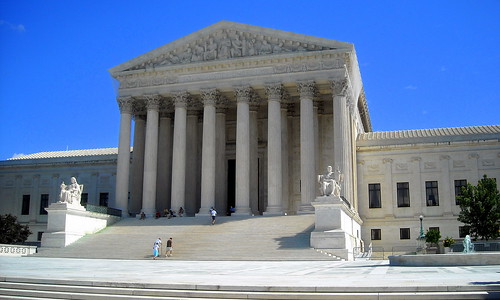Student Victory in Court of Appeals
Sunday, November 13, 2011

Last Wednesday the Iowa Court of Appeals ruled that school districts can not discipline newspaper advisers for allowing students to run material in student publications that the administration does not approve of. According to the First Amendment Center, the Allamakee School District reprimanded adviser Ben Lange after students at Waukon High School published material in the school paper's April Fool's Day edition that the principal found offensive. Find the case, Lange vs. Diercks and Allamakee School District, here.
The case is being hailed among students and journalism instructors as an acknowledgement of student rights, feared by some to have been taken away in 1988 after the Supreme Court ruled in Hazelwood School District vs. Kulhmeier that administrations had the right to censor student publications.
What does this case really grant students? Admittedly, some of the content that Waukon High School's newspaper the Tribe-une can be considered in poor taste- for instance, the students included a derogatory name for a rival high school and a parody cartoon of a biology teacher caught running a meth lab. But the students involved in the scandal are going to learn a lot about the journalism world.
First, edit your content- just because you have the right to say it, doesn't mean you always should. Making sure you can stand by what you write without holding regrets is a valuable skill in journalism. Basically, if you're going to get in trouble for it, make sure it's good. But also, students do have rights. Critically assessing every situation, both in the classroom and out, is a good way to monitor when your rights are being violated. Students should want to know when boundaries are stepped on and how they can fight back.
Students, stand by your words. And if someone is getting punished for that, then there's a problem.
Photo credit/NCinDC,creativecommons.org

 After the
After the 